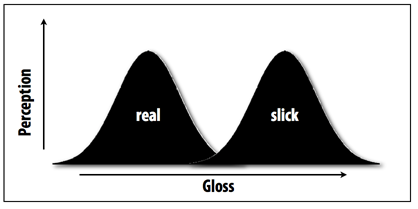As a B2B marketer looking to generate leads through your website, you need to think about a few of the key factors driving your conversion rates. If you understand these key factors, you can try to implement ways to improve each of them, and therefore increase your overall conversion rate, driving more leads.
- Traffic Quality- If you are selling business software, traffic from MySpace is just not going to convert for you at a high rate. But, traffic from the Wall Street Journal, TechCrunch or CNet might convert really well. Look at all the sources of traffic to your website and the conversion rates of each source. Try to drive more traffic like the sources that convert well for you. Don't waste your time working on sources like the ones that don't convert.
- Calls to Action - A landing page with a conversion form should be no more than one click away from every page of your website. Make sure you have a great call to action on each page of your website.
- Landing Page Quality - Once your visitors are directed to a landing page with a conversion form, make sure that page is performing well. Do some testing and optimization to improve the conversion rate of all of your landing pages.
- Industry- Certain industries just experience higher conversion rates. If you are selling to IT people, they are usually really sensitive to spam and often know a bunch of tricks to avoid giving you their contact info. Your conversion rate will just be lower than companies in other industries. There is not much you can do about this (besides change jobs) so don't worry about it.
- Brand - As you become more well know, people will trust you more and typically your conversion rate will increase as your brand grows over time. This is a long term effect, so there is not much you can do about this in the short term so don't worry about it.
Want more info? Read this article about how to draw attention to your calls to action.

 Seth Godin is a smart dude. This article talks about how you should
Seth Godin is a smart dude. This article talks about how you should 
